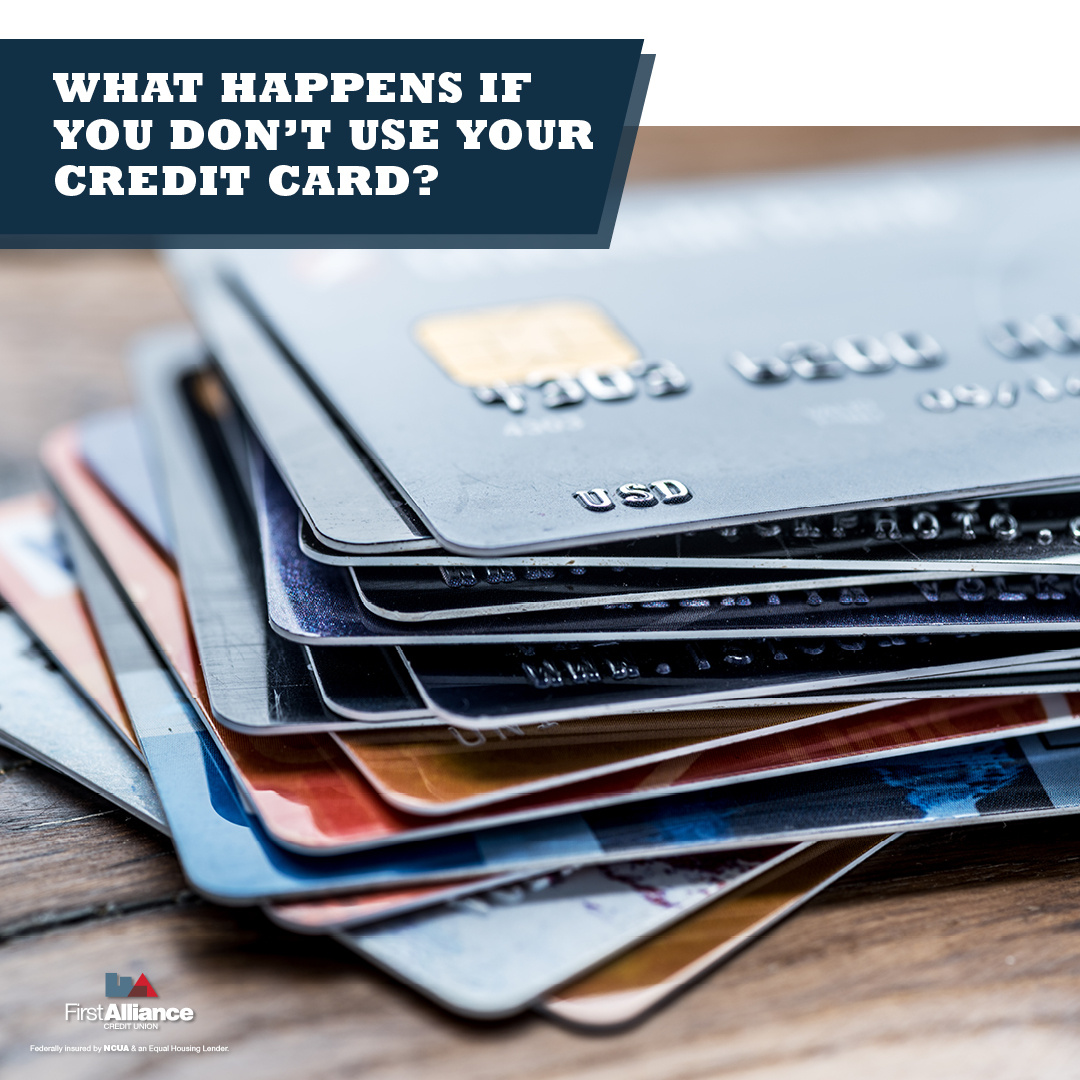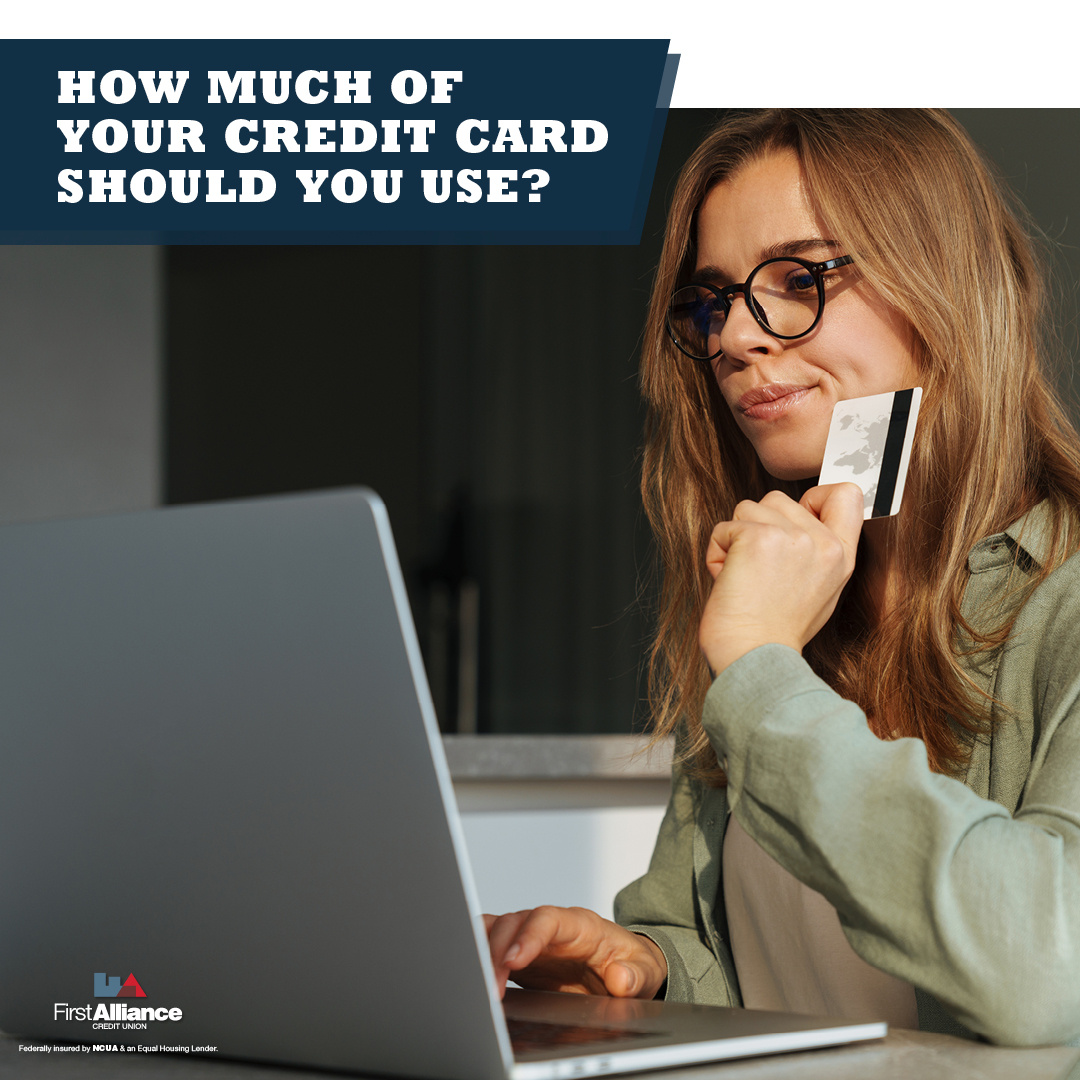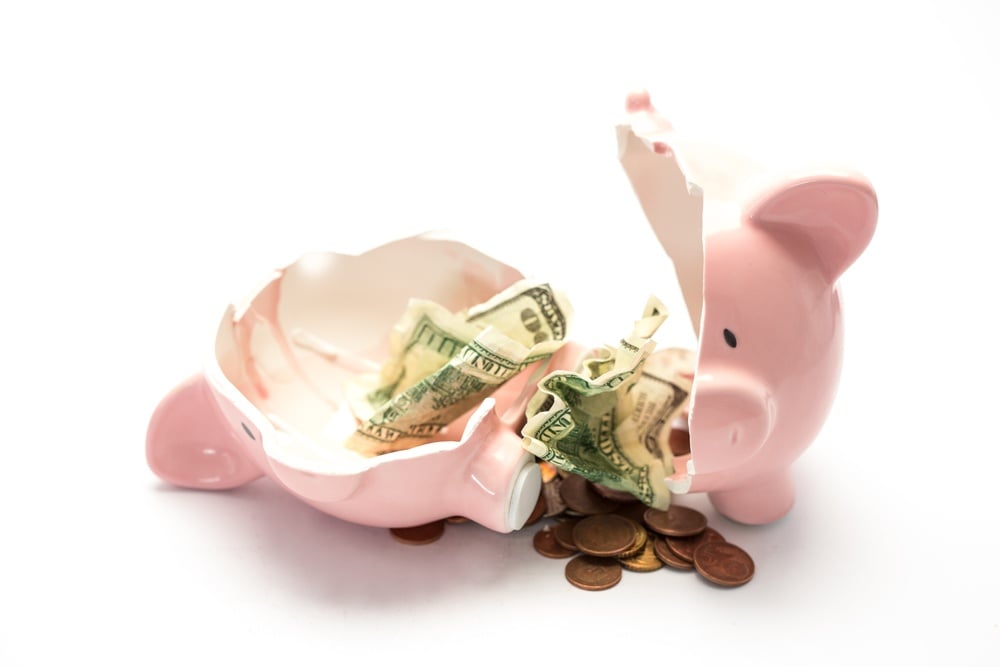How Much of Your Credit Card Should You Use?
Managing a credit card can feel like walking a tightrope. On one side, there’s the convenience of using credit to handle purchases, while on the...

Ever wonder if keeping a credit card tucked away for emergencies is a good idea? Let’s say Jake got a credit card a few years ago but barely used it, figuring it was his backup plan for those "just-in-case" moments. Recently, he started wondering: Is not using it hurting his credit? Here's everything Jake—and you—should know about the effects of letting a credit card sit idle.

Inactivity on your credit card might seem harmless, but it can affect your credit score in subtle ways. When a card isn't used, your issuer might reduce your credit limit or even close the account entirely. This could impact Jake’s credit utilization ratio—a fancy term for how much of your available credit you're actually using. Ideally, you want to keep this ratio below 30%.
If Jake’s card is closed, he’ll have less available credit, which could raise his utilization ratio and lower his credit score. The length of his credit history would also take a hit since closing a card shortens the average age of his accounts, another factor in calculating his score.

Now, you might be thinking, “If I’m not using my credit card, what's the big deal?” Here’s the thing—credit card companies don't love it when accounts gather dust. They might do one of two things:
Reduce your credit limit: If Jake's limit drops, it could raise his credit utilization rate, which isn’t good for his score.
Close the account: Issuers can close accounts without warning if they haven’t been used for several months to a year. And once a card is closed, it’s gone from his available credit, which could hurt his score even more.
Jake doesn’t have to worry about inactivity fees since they were banned back in 2010. But missing out on potential credit growth? That's something to watch for.

If you're like Jake and prefer not to use your card often, there are smart ways to keep it active without racking up debt. Here's how:
Make small, regular purchases: Use your card for small things like a monthly streaming subscription or coffee runs. Just be sure to pay it off in full each month to avoid interest charges.
Set up autopay: To avoid missing payments, autopay can help by ensuring your balance is paid off automatically. You won’t have to worry about it, and you’ll keep your card active.
Jake’s strategy? He can set up his credit card to pay for his Spotify subscription. He’ll stay on top of his payments, keep the card active, and avoid accumulating debt—all while improving his credit score.
Jake wonders if he should just close his card since he rarely uses it. While that might seem like a simple solution, closing a card comes with risks:
Impact on credit score: Closing a card could increase his credit utilization ratio and reduce his overall credit history, which could lower his score.
Lost perks: If the card offers rewards, cash back, or a low interest rate, those benefits would disappear.
So unless the card comes with a high annual fee, Jake might want to keep it open for its positive influence on his credit. Jake now knows how to manage his credit card without stressing about debt or potential hits to his credit score. With a little effort, he can avoid having his card closed and maintain a healthy credit profile.
For someone like Jake, who wants to keep a credit card as an emergency backup, it’s essential to keep it active without accumulating unnecessary debt. Small, regular purchases and consistent payments are key. By following these strategies, you’ll protect your credit score and keep your financial options open.
If you're wondering whether to keep that unused credit card, remember: even a little bit of activity goes a long way in protecting your credit score and keeping your options open for the future.

Managing a credit card can feel like walking a tightrope. On one side, there’s the convenience of using credit to handle purchases, while on the...

Sometimes bankruptcy is unavoidable and really the best option. Divorce, job loss, and major health issues often contribute to the decision to file...

Ever feel like you're walking through life like a ghost when it comes to your credit? You’re not alone! Many people live with what we call "ghost...